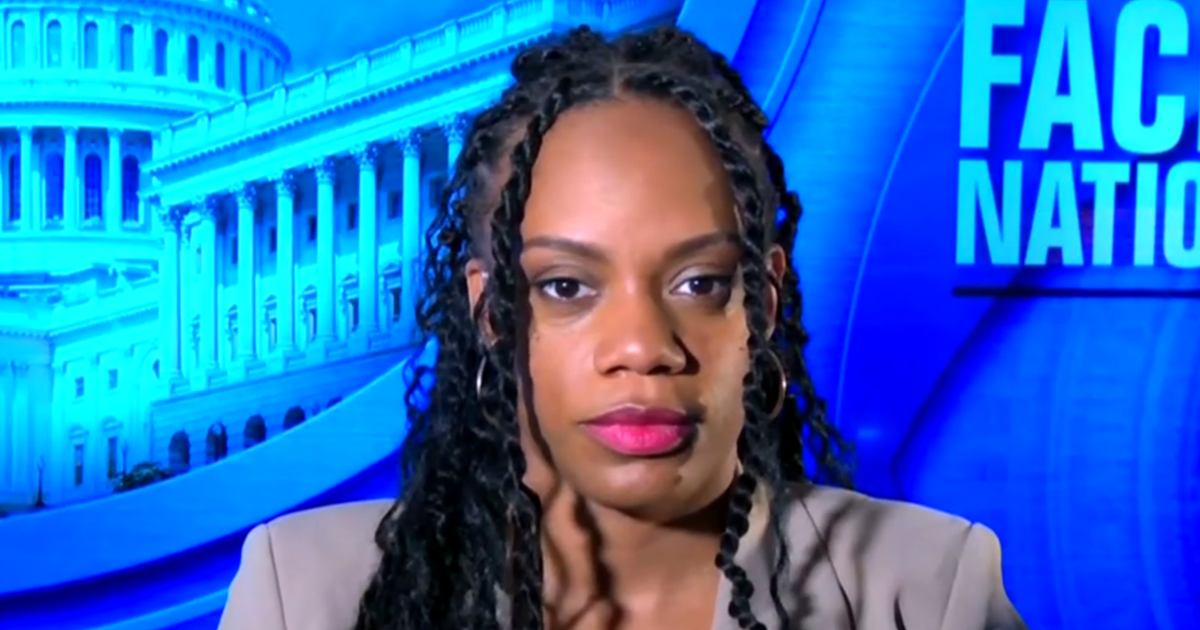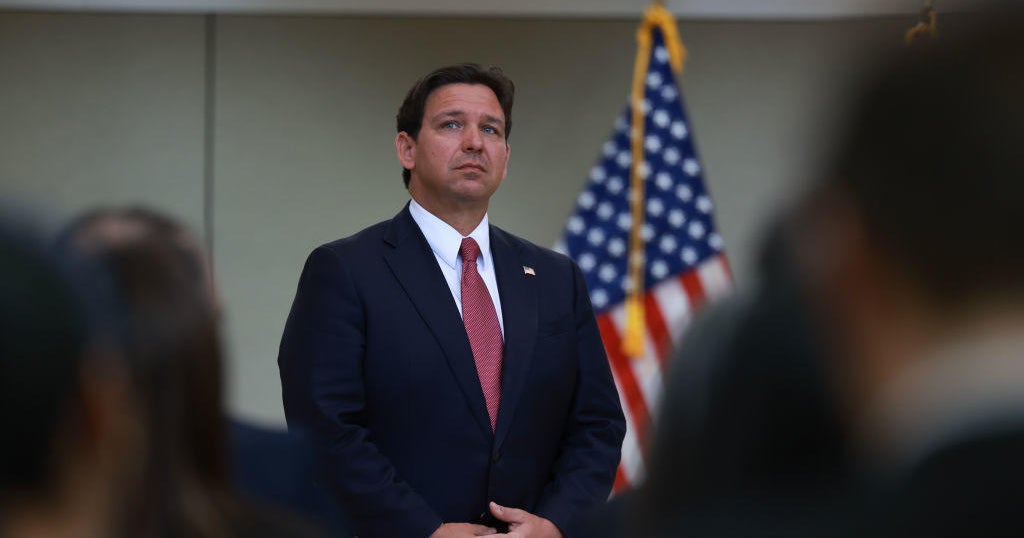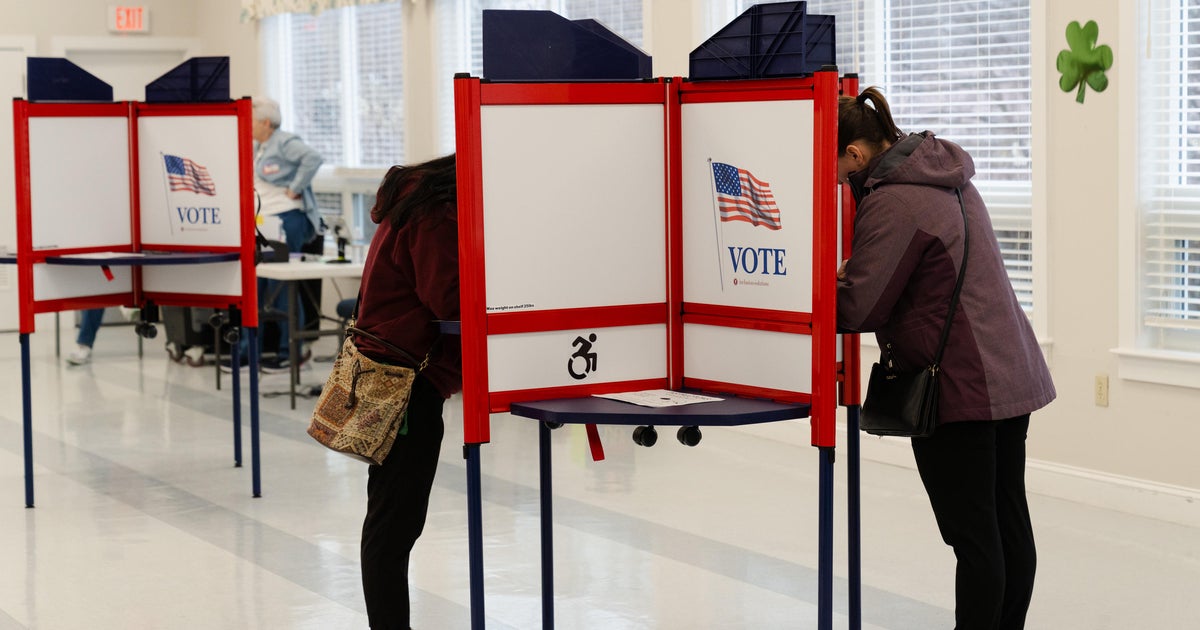Georgia special election: Democratic upset depends on broad appeal
ROSWELL, Ga. -- Watch Atlanta television long enough and you're bound to see a young congressional candidate pledging to cut "wasteful spending" and make "both parties in Washington" be "accountable to you."
Yet follow Jon Ossoff in Georgia's 6th Congressional District and you'll see the 30-year-old Democrat joining fellow millennials for happy hour, convening a group of women's health advocates and hosting specific minority groups across Atlanta's northern suburbs.
That two-track approach - going directly to typically Democratic voters and vocal opponents of President Donald Trump, while using television to convince just enough independents and even moderate Republicans - is a necessary balancing act for Ossoff to pull off an upset over Republican Karen Handel in a district Republicans have held since 1979.
For Democrats nationally, it's the latest attempt ahead of the 2018 midterm elections to answer questions that linger after a disastrous presidential election cycle and two recent losses in special congressional elections in GOP-leaning Kansas and Montana.
Can Democrats win back Republican seats based on anti-Trump sentiments among the young voters, women and nonwhites who helped fuel former President Barack Obama's wins? Should the priority be white voters who have drifted away from the party and helped deliver Trump's victory over Hillary Clinton in November? Or, as Ossoff is attempting, can Democrats manage both with the same campaign?
The strategic two-step "isn't contradictory," says pollster Paul Harstad, who worked on both Obama campaigns. Harstad notes the so-called "Obama coalition" included voters across the demographic and ideological spectrum, even working-class whites identified as Trump's anchor, and Harstad said Democratic performances this year, even in closer-than-expected losses in Kansas and Montana, suggest a rebound.
"It's a combination of an energetic base, soft Democrats, independents and a small slice of Republicans," Harstad said, and it is "probably a harbinger of things to come."
Democrats need to pick up 24 seats to reclaim a House majority, and they're also targeting several GOP-held governor's seats in Democratic-leaning and presidential battleground states.
For his part, Ossoff sidesteps the electoral math and its implications beyond Georgia.
"This campaign is about unifying people in this community who share core values ... and who recognize that our interests are more aligned than career politicians and partisans would have us believe," he says.
Other Democrats are more forthright.
"If we can win over 50 percent in this district, we know we can do that statewide and around the country," says Georgia Democratic Chairman DuBose Porter.
Ossoff aides and supporters, meanwhile, acknowledge the dual method.
Trump's election, they say, has fired up the left, while giving Ossoff openings with some Republicans. Trump barely edged Clinton in the district last November and fell shy of a majority; previous Republican presidential nominees won more than 60 percent of the vote. Nationally, Democrats are targeting 23 House districts held by Republicans but where Clinton defeated Trump, and there are several more like the Georgia 6th where Trump underperformed the usual GOP benchmark.
The idea is that Democrats like Ossoff don't have to feed liberal intensity by harping on Trump and Republicans in a way that risks turning off potential swing or crossover voters. And, it's worth noting, Georgia voters already see a deluge of GOP ads framing Ossoff as a "D.C. liberal" and the "hand-picked candidate" of House Democratic leader Nancy Pelosi.
Ossoff "talks like a Republican," Handel quipped at a recent campaign appearance alongside House Speaker Paul Ryan.
Voters like Skyler Hanson, 21, and Hannah Gray, 22, seem to validate Ossoff's angles. Both attended the recent happy hour party for millennials, where they both signed up to knock on doors for the campaign.
"We just couldn't believe Trump won," Gray says.
The two are recent University of Georgia graduates who will soon start jobs in Atlanta, just south of the 6th District, but they are remaining in their parents' suburban homes to vote June 20. They say they aren't worried about Ossoff's pledges to "work with anyone."
"All my favorite podcasts have had him on, so that's pretty cool," Hanson says.
Ossoff's recent campaign schedule also is dotted with gatherings like a block party celebrating Asian-American Heritage Month and La Raza Fest, a celebration of Hispanic culture. He's touted an endorsement from the Georgia Association of Black Women Attorneys and launched Latinos for Ossoff. At those events, Ossoff steers clear of Trump and blatantly partisan rhetoric that animates liberals like Hanson and Gray.
At the same time, he continues with his moderate, seemingly nonpartisan message on the airwaves. His latest ad bemoaning wasteful spending doesn't mention his party affiliation.
Clinton's loss may serve as a cautionary tale for Ossoff. Clinton regularly blasted Trump, while her voter turnout efforts tried to replicate Obama's electorate. But she also pitched herself a get-it-done centrist, with her "Stronger Together" slogan. Ultimately, she fell short of Obama's vote totals among minorities, young voters and whites.
Nonetheless, Ossoff backer Johanna Gadomski maintains her candidate is striking the right tone in Georgia. "That makes him a more efficient candidate for me," says the 18-year-old, who works with political refugees from other nations, "because I think he can actually be more equipped to get stuff done when he's in Washington."
She pauses and adds, "Hopefully."



